
Treating earache with garlic according to folk remedies, the man lost more sleep and received an unexpected ending

The Incident in Detail: A Home Remedy Gone Wrong
In November 2019, Fox News republished a peculiar healthcare cautionary tale originally reported via AsiaWire: a 43-year-old Chinese man surnamed Kang attempted to treat an ear infection by inserting a clove of garlic into his left ear canal—after reading about the remedy online. He left it there for two months
Dr. Zhong Yijun, an otolaryngologist at Sanhe Hospital in Hebei province, recounted that the garlic decomposed inside the ear over time, creating an intense, unpleasant odor. When Kang finally sought medical help, the doctor initially saw a mysterious white object lodged deep in his ear canal, which he suspected might be inflammation-related. Only after carefully extracting the material did he learn it was a garlic clove
This case underscores the risks of applying folk remedies—especially invasive ones—without medical supervision.
Scientific Perspective on Garlic as a Home Remedy
Garlic has long been celebrated for its health-promoting properties, including antibacterial, antiviral, antifungal, anti-inflammatory, and antioxidant effects. Studies have identified compounds such as allicin and S-allyl cysteine (SAC) that display antimicrobial activity, even against certain ear infection pathogens in vitro
However, the evidence supporting the effectiveness of directly applying garlic—or homemade garlic oil—to the ear is modest at best. Clinical data is limited: a couple of older studies involving naturopathic ear drops containing garlic and other herbs showed that it might relieve ear pain in children, comparable to over-the-counter drops. But these are far from conclusive—and importantly, they didn't involve placing garlic directly into the ear canal.
Moreover, laboratory studies found that while garlic derivatives can inhibit certain pathogens, they are significantly less effective than standard antibiotics like ciprofloxacin or antifungals such as fluconazole

Anatomy & Logic: Why Garlic in the Ear Doesn’t Make Sense
Dr. Roy Benaroch, MD, offered a critical anatomical perspective in a blog post: garlic cannot reach the middle ear—where most ear infections occur—because the eardrum acts as a barrier. To treat an infection, antibiotics or therapeutic agents must actually reach the infection site, which garlic in the outer ear canal cannot do
Even for outer ear infections (otitis externa), garlic might theoretically contact the site, but inserting foreign matter into the ear canal is dangerous and not medically recommended
Risks of Using Garlic in the Ear
Experts and medical fact-checkers warn of several risks when garlic (or garlic oil) is placed directly into the ear:
-
Skin irritation or chemical burns: Garlic contains potent compounds like allicin that can irritate or even burn the delicate skin inside the ear
-
Allergic reactions: Some individuals may experience swelling, rashes, or more severe allergic responses.
-
Ear canal blockage: Pieces of garlic—or even an oil-soaked cotton ball—can obstruct the canal, impair self-cleaning, and exacerbate infection
-
Possible eardrum damage: Deep insertion risks perforating or inflaming the eardrum, especially if already compromised
-
Delayed proper treatment: Relying on unproven methods may delay professional medical care and treatment.
Medical professionals strongly discourage unverified folk remedies—especially invasive ones like this
Expert Commentary & Fact Checks
-
Dubawa, a fact-checking organization, confirmed that while garlic has biologically active properties, no credible evidence supports putting garlic cloves directly in the ear. They referenced the Fox News report as a cautionary example of the practice gone wrong.
-
Medical Dialogues, an Indian medical media outlet, labeled the Instagram claim that garlic-olive oil mixtures cure ear pain as false. Experts interviewed warned that applying such mixtures may lead to irritation, infection, burns, or worsened symptoms.
-
Verywell Health, a medical information site, noted that although garlic oil has antibacterial properties in lab settings, it can't treat middle ear infections through topical application and may cause skin reactions. They frame garlic oil only ever as a potential supplementary comfort—not a cure.
Context: Folk Remedies and the Power of Anecdote
Folk remedies are deeply rooted in human culture, often passed down through generations. Garlic, for example, has appeared in medical lore going back to ancient Egypt, medieval Europe, and traditional systems like Ayurveda and Traditional Chinese Medicine.
A ninth-century Baghdad physician reportedly prescribed a garlic-based remedy, among other substances, for ear infectio. In the modern day, anecdotal stories—like this case—can go viral, fuel myths, and dangerously persuade others, especially in the absence of accessible medical care.
Ear Infection Overview & Safer Alternatives
Types of Ear Infections:
-
Middle ear (otitis media): Behind the eardrum.
-
Outer ear (otitis externa or swimmer's ear): Affects the ear canal.
-
Inner ear infections: Less common, deeper within.
Safer, Evidence-Based Approaches:
-
"Watchful waiting" for mild cases, as many resolve naturally.
-
Over-the-counter pain relief like acetaminophen or ibuprofen.
-
Warm compresses or massage to ease symptoms.
-
Hydration and rest to support immune response.
-
Medical evaluation if symptoms persist beyond 48–72 hours or involve fever, discharge, hearing loss.
When Garlic-Based Remedies May Be Used With Caution:
-
Commercially prepared garlic oil drops might provide mild relief if appropriately used.
-
Homemade garlic-infused oil should never be inserted deeply—only drops into the outer canal, and only if eardrum is intact and no infection is worsening.
-
Always patch-test for allergic reaction and consult a healthcare provider firstHealthlineVerywell HealthMedical Dialogues.
Putting It All Together: Lessons from the Case
-
Misinformation online matters: In Kang’s case, the online article convinced him to try an unsafe home remedy.
-
The line between a remedy and harm can be thin: Garlic has healthful properties, but its misuse—especially in sensitive areas like the ear—can cause serious damage.
-
Medical guidance is critical: Traditional remedies might offer comfort or minor benefits, but they do not replace professional diagnosis and treatment.
-
Education is our best tool: Spreading awareness about anatomy, scientific backing (or lack thereof), and hearing safety can prevent similar incidents.
Conclusion
The case of Kang—a 43-year-old man in China who kept a garlic clove in his ear for two months based on an online article—serves as a vivid reminder of how well-meaning attempts at self-care can backfire. Despite garlic’s rich history and promising antimicrobial compounds, there is no medical justification for placing garlic directly into the ear canal, and doing so may lead to odor, irritation, infection, or even permanent injury.
News in the same category


Sweet Potatoes Are Not Good for These 3 Groups of People

Washing Machines Have a Special Mode That Dries Clothes Faster

Flight attendant explains why cabin crew members always sit on their hands during takeoff

Why do Japanese people put towels on their heads when bathing in hot springs?

5 Areas of the Body Turning Black May Indicate Can.cer

A Woman Hospitalized After Eating Refrigerated Watermelon

The Man with Blo.od ‘As Thick as Pork Fat’ Because of Something Many People Love

American Doctor Reveals the "3 Seeds, 2 Vegetables, 1 Meat" Best

3 benefits of old toothbrushes you must know

At 32, Already Suffering from Kid.ney and He.art Failure

Keep the Bathroom Door Open or Closed When Not in Use?

he Leaves of This Plant Are as Precious as the “Ginseng of the Poor,”

Japan Announces 5 Foods to Eat Daily

Why do elevators have mirrors? The manufacturer gives 3 reasons that surprise many people
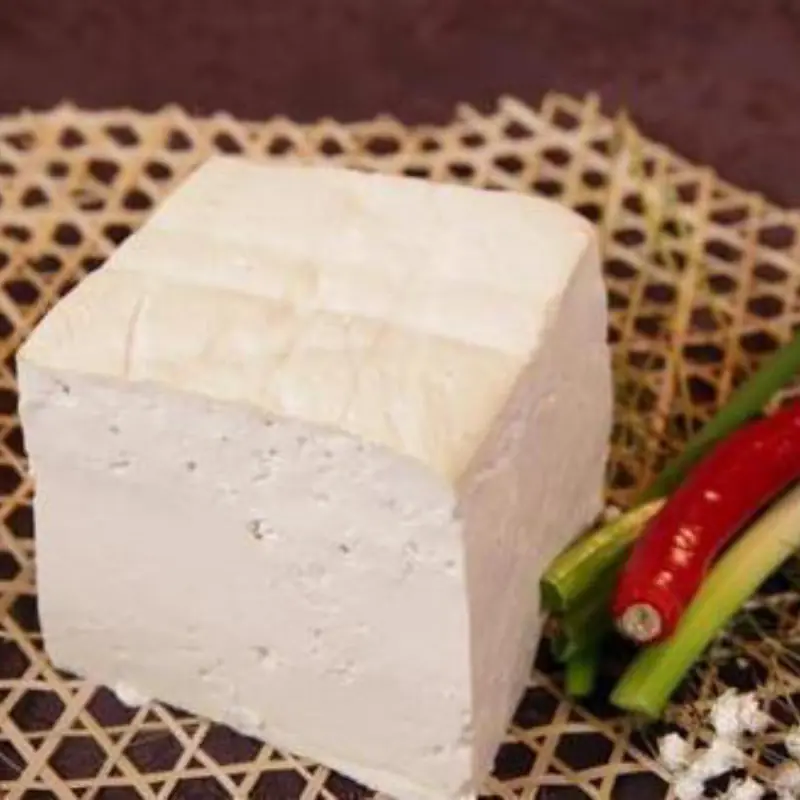
These 5 Foods Can Wreck Your Kid.neys Faster Than Alcohol

Doctor explains why you should always shower at night instead of the morning

What Is the Black Round Hole Next to the Camera on an iPhone For?
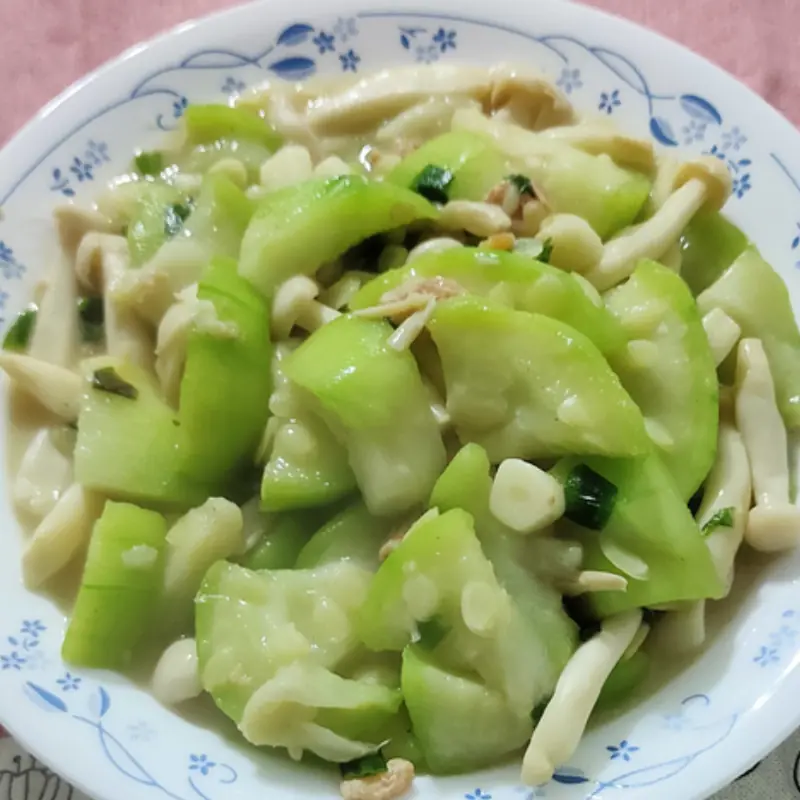
5 Types of Pesticide-Free Vegetables as Nutritious as Ginseng

4 “ki.ll.ers” that cause cancer right in your home
News Post

What smell do wasps fear? 4 non-toxic ways to kill wasps

What is the total weig.ht of the 3 animals?

If your breath carries these 4 unusual odors, it could signal hidden illness — don’t ignore the warning signs
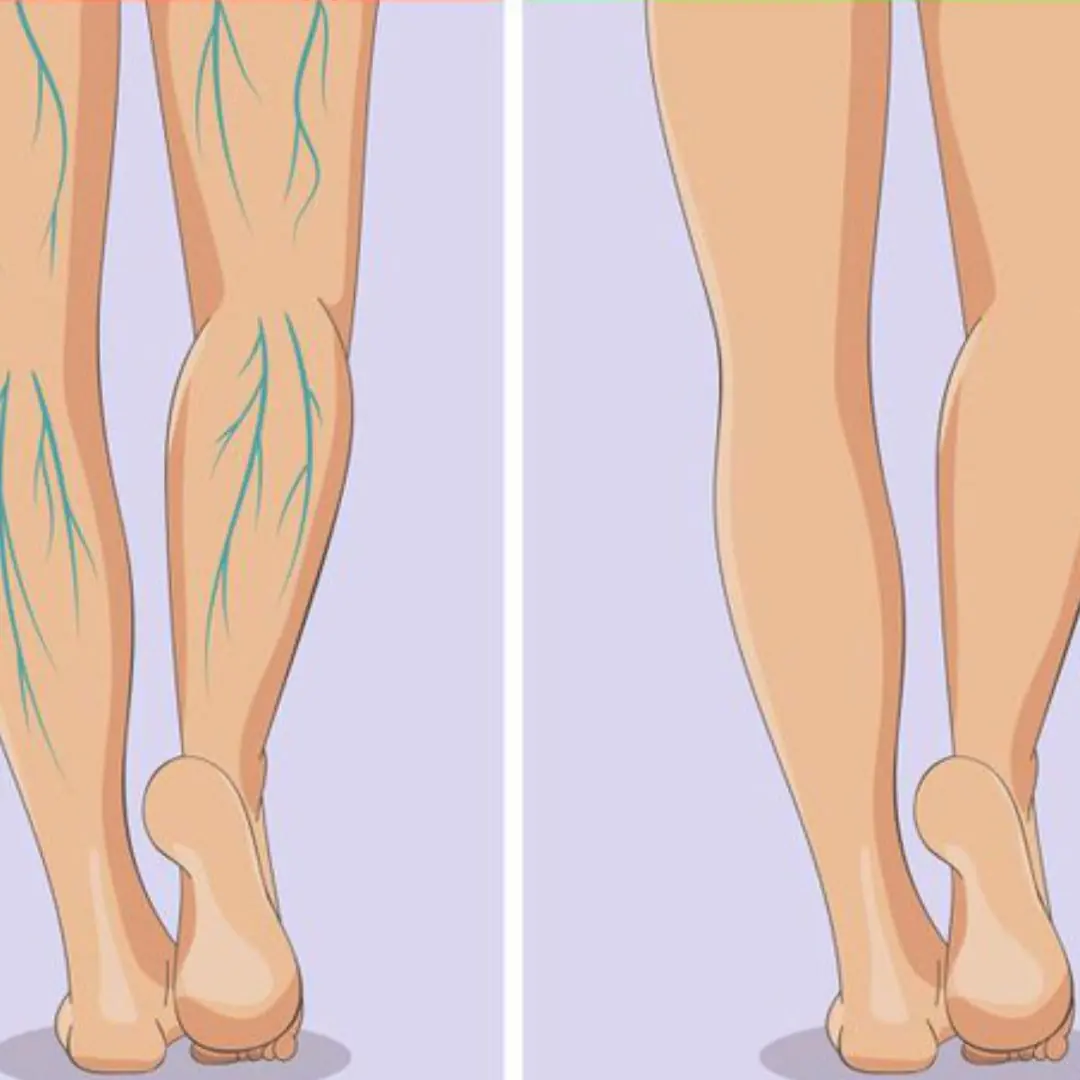
Your Feet Could Be Revealing Serious Health Issues — Watch Out for These 6 Signs

When Buying Oysters, Never Choose These 3 Types

Don’t Buy These “4 Types” of Pork Ribs No Matter How Cheap They Are

4 Best-Selling Items on E-Commerce Platforms Exposed to Contain Carcinogens

Just After Changing into My Wedding Dress, My Mother-in-Law Slipped Me a Bankbook and a Haunting Message
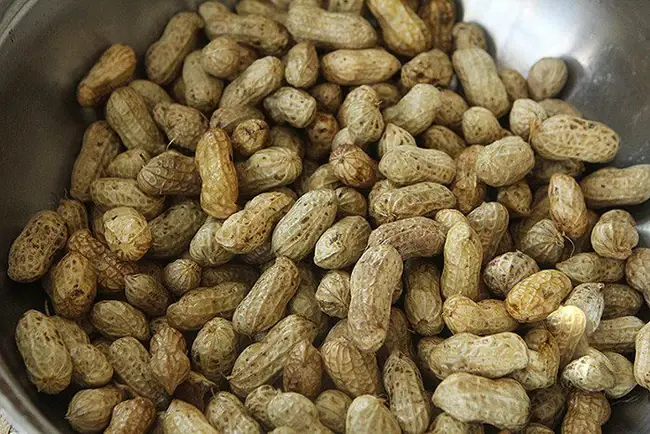
4 Surprising Changes Your Body Will Experience in Just Half a Year

Not milk or dried shrimp – this is the real “Calcium King” that many people overlook

Man develops 'pork worms' in his br.ai.n after years doing this specific cooking habit
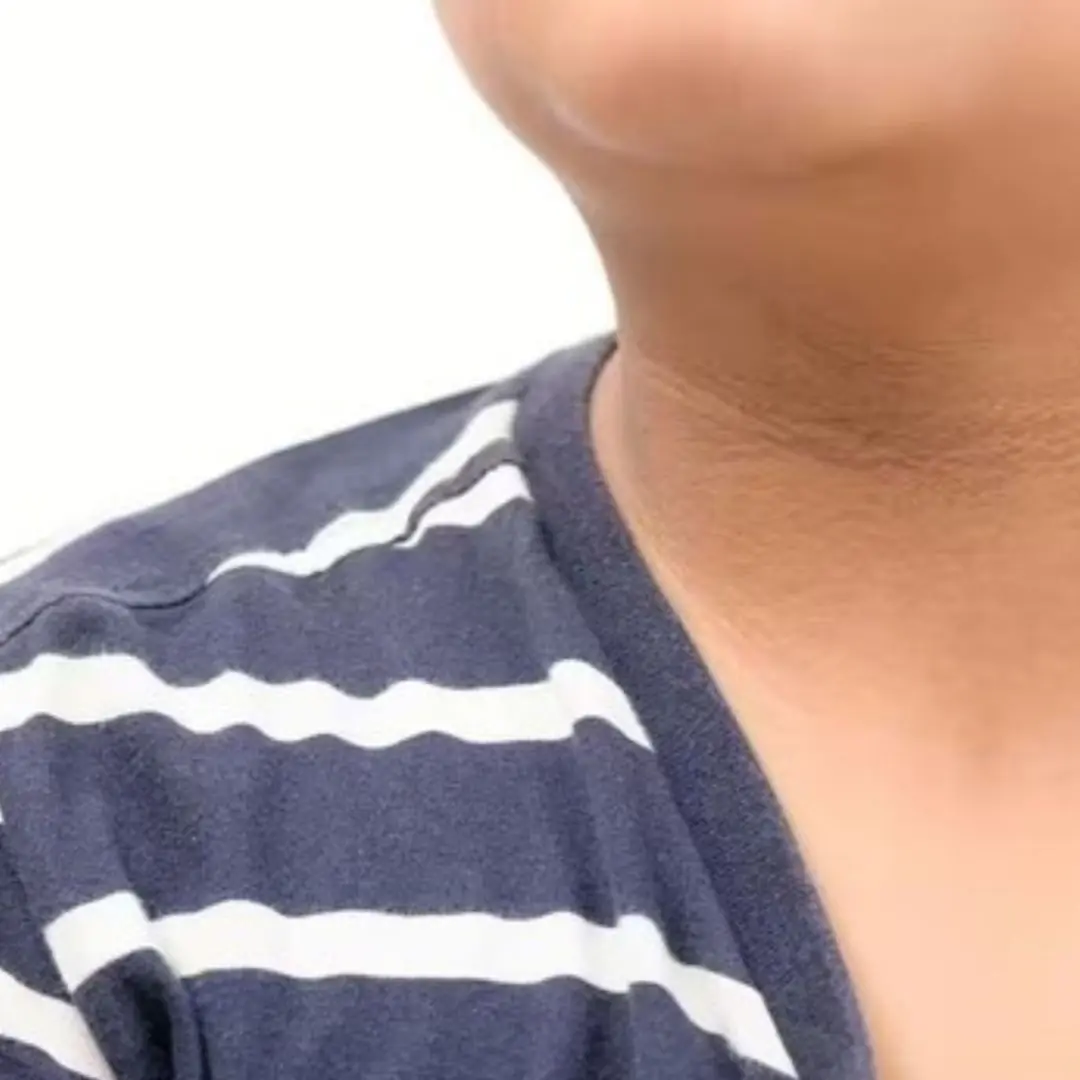
Diabetes can 'show' strange signs in the neck: If you see them, don't ignore them
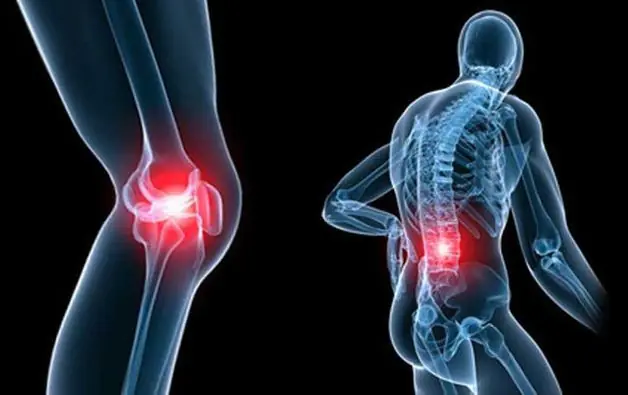
3 Drinks Called the “Calcium Drainers” But Many People Still Love

4 Surprisingly “Clean” Vegetables with Minimal Pesticides

3 Lucky Plants That Bring Prosperity and Wealth

6 Golden Habits to Help Seniors Reduce the Risk of Cerebral Infarction

One Part of Chicken Contains Four Times More Cholesterol Than Pork Fat

Sweet Potatoes Are Not Good for These 3 Groups of People

Just hang a handful of these leaves in front of your door - flies and mosquitoes will disappear
